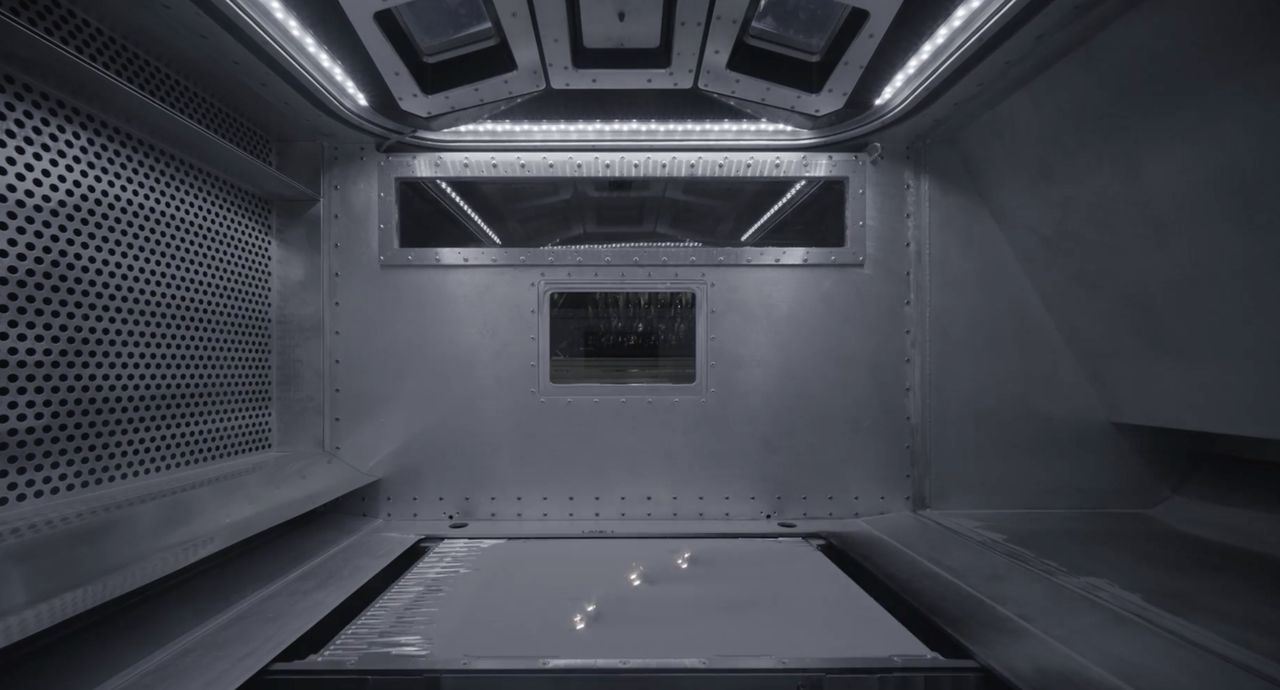
A new metal 3D printing company has emerged: Freeform.
The company was founded by former SpaceX engineers, as well as those from Velo3D. This is quite interesting, as SpaceX is well-known as the largest customer of Velo3D, a manufacturer of advanced metal 3D printers.
Freeform has collected a huge US$14M investment from Boeing and NVIDIA, and hopes to revolutionize metal 3D printing with several new approaches.
In a detailed post on TechCrunch, it was revealed that Freeform intends to improve the metal 3D printing experience by making some key changes. The major change is to NOT sell 3D printers at all, and instead operate as a service.
This is an approach being explored by several other metal 3D printer startups, and it makes a great deal of sense. Metal 3D printing is extraordinarily complicated and requires considerable expertise and iteration to make quality parts. Printed metal parts are most often for end-use, and therefore must meet a variety of quality standards.
The concept is that customers should not be forced to become world-class metal 3D printing experts in order to do their work. That’s a huge ask, and many companies would have tremendous difficulty in achieving that level of expertise.
Instead, the expertise required becomes focused only on the Freeform service bureau: they do the printing for customers in the most optimal manner. This alone should dramatically increase the quality of parts produced, as well as short circuit learning delays experienced by customer-based 3D printer operations.
What else will Freeform do? The major equipment development seems to be a realtime system for monitoring the meltpool, and performing dynamic adjustments to ensure the highest quality parts are produced.
Co-founders Erik Palitsch explained to TechCrunch:
“We have high-speed computer vision feedback on our system that runs at microsecond scale, and all that data is being processed on state of the art FPGAs and GPUs. We had to build this whole stack ourselves out of stuff that’s only become available in the last few years.”
The key to the monitoring is the use of AI technology to analyze and adjust parameters in real time. Freeform has collected a massive dataset of print data using custom-designed telemetry systems that gather data at higher frequencies than ever attempted. This data is used to train the AI.
That data is unique in the industry, and can be leveraged in a number of ways. Freeform believes that’s why Boeing approached them for investment, and explains NVIDIA’s interest in the company. In fact, NVIDIA will be supplying Freeform with quantities of H100 GPUs for AI processing.
They apparently have equipment operating, and have even lined up a number of major industrial customers. According to TechCrunch, they intend on hiring up to 55 people over the next year as they open up business.
Freeform’s service bureau approach is one that is shared with a couple of other new metal 3D printing startups, including VulcanForms and Seurat. It seems that the industry could be moving towards this business model for complex metal 3D printing, and that leaves the manufacturers of standalone metal 3D printers with some decisions to make.
Via TechCrunch and Freeform
